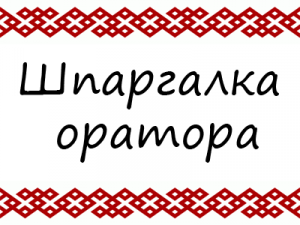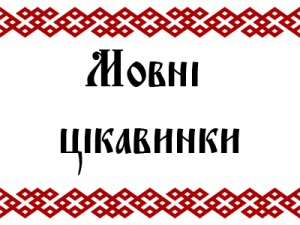The course “Principles of professional oral speech (rhetoric)” refers to the disciplines of social and humanitarian training (optional) Block 2 “speaking subjects” and is intended for bachelors all areas of training, technical, humanitarian and socio-economic fields.
Mastered the program, the student will form such competence:
learn to apply the rules of culture of speech;
have the necessary knowledge about the impact of language and linguistic terms manipulating the behavior of an opponent;
will be capable to conduct business and private conversations;
organize interaction with someone, make contact, feedback;
understand importance of various verbal and nonverbal means of influencing the interlocutor during professional communication.
After mastering the discipline, students must demonstrate the following learning outcomes:
knowledge:
the effective professional communication;
basic concepts of general rhetoric;
kinds of arguments and situations of use;
stages and ways to prepare oral speech;
principles of conflict-free communication;
non-verbal communication;
modern methods of activation of listeners;
methods of discussion;
nature of the controversy and polemic techniques.
the ability to:
conduct a detailed monologue speech and create a professional topics;
conduct effective and constructive conversation on any topic of interest range of cultural, educated man;
speech and communication to solve the problem in a given situation of communication;
organize the interaction with the audience, to make contact, feedback, communication;
use non-verbal communication tools to reach our goal;
prepare a public speech training course for protecting (degree) of the project;
own polemical art (dispute, controversy, discussion);
find possible means of persuasion regarding the subject of speech and proper construction of argument;
create effective oral and multimedia presentations.







